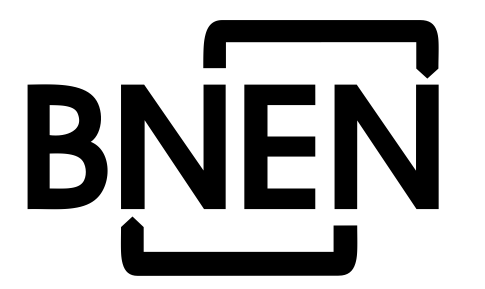Nuclear materials
Prof. Marc Scibetta – Université de Liège
3 ECTS
90 hours study time
- 24 contact hours theory
- 12 contact hours exercises/laboratory sessions/visits
-
-
To measure and assess material properties
-
To use material properties in practical application
-
To explain how material properties are affected by their environment (including radiation effects)
-
To explain the implications of material issues on the design, utilization, safety and ageing of installations in the nuclear sector
-
-
Part 1: Material sciences: Properties of materials in relation with their processing, micro-structure and intended performance
- Atoms and their interactions
- Crystal structure and imperfections
- Phase diagram and kinetics effects
- Material properties (excluding radiation effect and corrosion)
Part 2: Corrosion phenomena:
- Basics of electrochemistry of aqueous corrosion
- Overview of common forms of corrosion (uniform corrosion, galvanic corrosion, pitting, stress corrosion cracking, …)
- Methods of corrosion prevention and protection (coatings, inhibitors, cathodic protection, design against corrosion, …
- Corrosion monitoring (electrochemical methods, electrical resistance, ..)
- Concise overview of main corrosion problems in LWRs
Part 3: Radiation effects in materials
-
Introduction and general principles
-
Impact at atomic scale
- Impact at mesoscopic scale
- Impact at macroscopic scale
Part 4: Functional requirements of materials in a nuclear environment
- Nuclear materials: fuel, fuel cladding, moderator/reflector, coolant
- Structural materials: reactor internals and vessel, piping, valves
Laboratory session on mechanical and corrosion testing within the SCK CEN research infrastructure: cold lab and hot-cells.
Part 2 on corrosion is eventually given by an expert in the field (R. W. Bosch).
-
The PowerPoint presentations of the lectures are available on the BNEN website.
Other useful references:
- Murty, K L., and Indrajit Charit. An introduction to nuclear materials : fundamentals and applications. Weinheim, Germany: Wiley-VCH, 2013
- William D. Callister, Jr., David G. Rethwisch Materials Science and Engineering: An Introduction, 9th Edition, Wiley, 2014
- Furio Ercolessi. A Molecular Dynamics Primer 1997
- T. L. Anderson Fracture Mechanics: Fundamentals and Applications, Fourth Edition, CRC, 2017
-
Courses in the following field
- Nuclear energy: introduction
- Introduction to nuclear physics and measurements
- Basic chemistry, basic material behaviour.
-
-
Written examination (weight 40%) open book (slides and speaker notes)
-
Oral examination (weight 40%) no preparation, open book (slides but not the speaker notes)
-
The laboratory session on mechanical testing are compulsory and cannot be repeated in second session.
-
Report on the laboratory session on mechanical testing (weight 20%).
-
The examination is normally scheduled on a single days.
-
